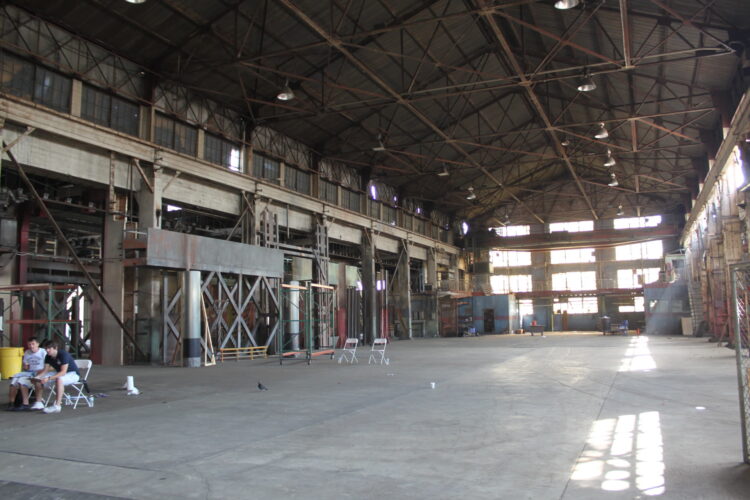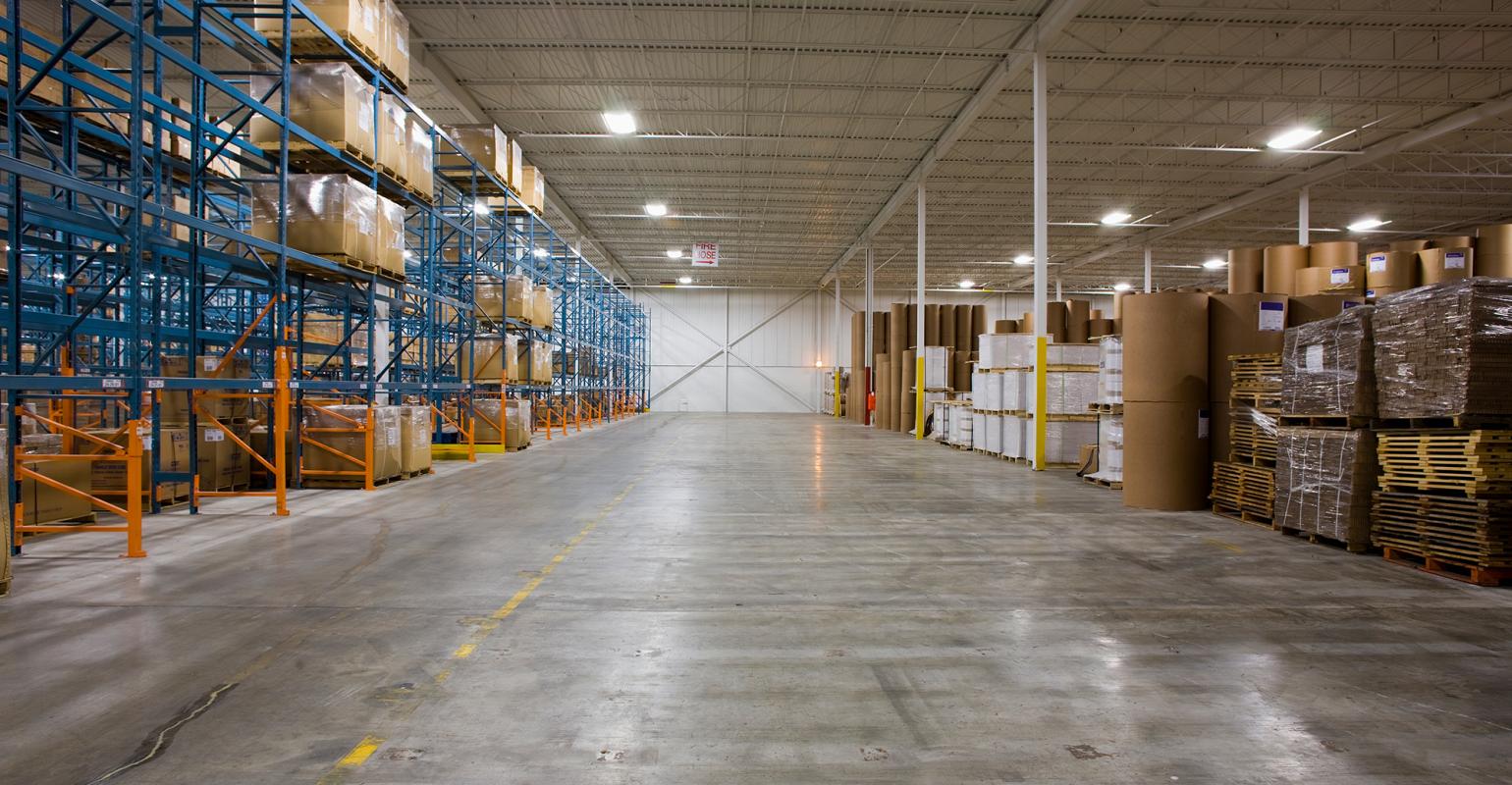Whether you’re looking for a warehouse for sale or lease, finding the right space can be a challenging process. With so many options on the market, it can be overwhelming to know where to start. In this article, we’ll share top tips for finding the best deals and negotiating leases to help make your warehouse hunting experience a success.
1. Define Your Needs and Budget

The first step is to consider factors such as the size of the space, location, accessibility, and any special requirements your business may have. This will help you narrow down your search and ensure that you’re only considering spaces that meet your needs. Once you’ve defined your needs, it’s important to determine your budget. Consider all of the costs associated with leasing or buying a warehouse, including rent or mortgage payments, utilities, insurance, and maintenance. This will help you set a realistic budget and avoid overspending.
2. Research the Market
The next step is to use online resources such as real estate websites and online listings to get a sense of what’s available in your area. You can also work with a commercial real estate agent to find a warehouse for sale Dallas, to help you navigate the market and find the best deals. When researching the market, it’s important to consider factors such as location, amenities, and pricing. Look for spaces that are conveniently located near your suppliers, customers, and employees. Also, consider any amenities that may be important to your business, such as loading docks or climate control.
3. Visit Potential Spaces

Once you’ve identified potential warehouse spaces, it’s important to schedule a visit. This will give you an opportunity to see the space in person and evaluate whether it meets your needs. During your visit, pay attention to factors such as the condition of the space, accessibility, and any potential issues that may need to be addressed. If you’re considering a warehouse for lease, it’s important to ask the landlord or leasing agent about any restrictions or requirements associated with the space. This may include requirements for insurance, maintenance, or modifications to the space.
4. Negotiate the Lease
When you’ve identified a warehouse space that meets your needs, it’s time to negotiate the lease. Whether you’re leasing or buying a warehouse, it’s important to negotiate the terms of the lease to ensure that you’re getting the best deal possible. Some key terms to negotiate may include the length of the lease, rent or mortgage payments, security deposits, and any provisions for renewing or terminating the lease. It’s also important to clarify any provisions related to maintenance and repairs, insurance, and utilities.
5. Consider Additional Costs
When leasing or buying a warehouse, it’s important to consider additional costs that may be associated with the space. For example, if you’re leasing a warehouse, you may be responsible for paying property taxes, insurance, and maintenance costs. If you’re buying it, you may be responsible for financing costs and ongoing maintenance and repairs. It’s important to factor these costs into your budget when considering a warehouse space. Be sure to ask the landlord or seller about any additional costs that may be associated with the space, so you can accurately assess the total cost of leasing or buying the property.
In conclusion, finding the right warehouse space requires careful planning and research. By defining your needs and budget, researching the market, visiting potential spaces, negotiating the lease, and considering additional costs, you can find the best deals and negotiate leases that meet your business needs.

